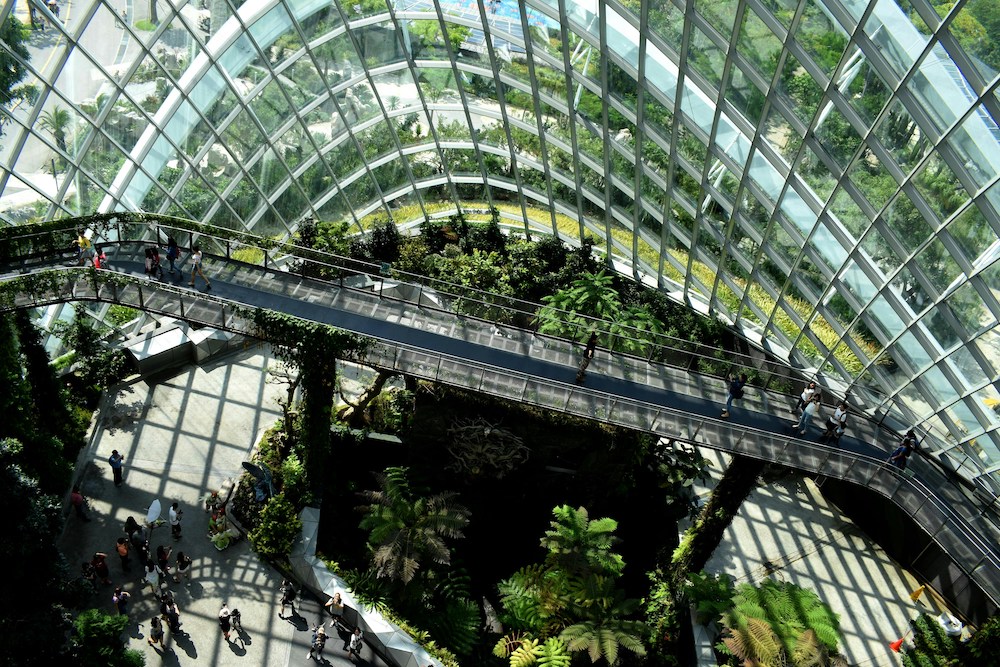Ottawa’s new guide helps planners host greener, more inclusive events
Ottawa Tourism has officially launched its Responsible Events Guide, a comprehensive tool created to support professionals in designing greener, more community-connected gatherings in Canada’s capital. The guide was unveiled during IMEX Frankfurt (May 20–22), where Ottawa Tourism highlighted its leadership in responsible destination management. It’s a timely and practical offering for planners who want to reduce their environmental footprint, improve accessibility, and leave a meaningful legacy in the communities where they gather.
“This guide reflects Ottawa’s dedication to creating meaningful change within the meetings and events industry,” said Lesley Pincombe, Vice President, Business and Major Events at Ottawa Tourism. “By offering tangible tools and local partnerships, we aim to make it easier for planners to align their events with sustainable values and leave a positive legacy in our city.”
As a signatory of the Sustainable Tourism 2030 Pledge, Ottawa Tourism developed this guide to serve planners at all levels of experience—from seasoned sustainability champions to those just starting out.
What Planners Will Find Inside
Planning Decision Tree: An at-a-glance tool to help planners rethink every stage of their event—catering, swag, signage, and décor—with sustainability in mind.
Food Recovery & Local Sourcing: Ottawa’s À la Carte Food Recovery Program—the first of its kind in Canada—lets planners redirect surplus food to local nonprofits. Additional tips include serving plant-forward menus, choosing seasonal ingredients, and tracking meal attendance to avoid overproduction.
Accessibility Best Practices: The guide outlines steps for making events more inclusive, from offering accommodations in advance to partnering with local accessibility organizations like Abilities Ottawa.
Social Impact Ideas: Planners can amplify their event’s local impact by hosting Indigenous Markets, arranging team volunteer activities, or partnering with programs like Forêt Capitale Forest for urban greening initiatives.
Circular Event Design: Sustainable practices include encouraging attendees to opt out of swag, using the city’s “Lend-a-Lanyard” program, and prioritizing digital materials over printed handouts.
Low-Waste Decor and Experiences: Think live plants instead of cut flowers, QR code interactions instead of paper, and upcycled furniture from Ottawa-based suppliers.
Storytelling Support: The guide helps planners share their sustainability efforts with attendees through email campaigns, on-site messaging, and post-event recaps that promote transparency and build brand credibility.
Any thoughts, opinions, or news? Please share them with me at vince@meetingsevents.com.
Photo by Paula Prekopova on Unsplash





